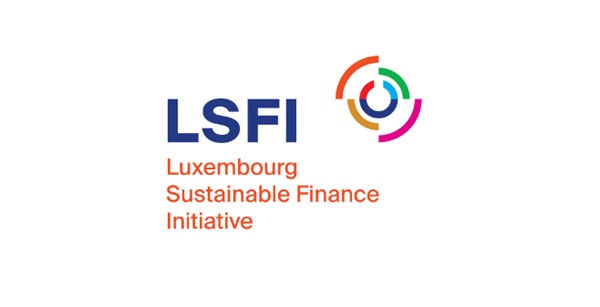
On Friday 8 March 2024, the Luxembourg Sustainable Finance Initiative (LSFI) announced that 71 organisations have signed the Luxembourg Women in Finance charter (WiF Charter) in its first year, with the majority committing to achieve on average 36% women’s representation in senior managerial roles in the next two years.
The Luxembourg Women in Finance Charter baseline report has been published today, outlining the current status of women representation within the WiF Charter signatories as well as their set targets to foster gender diversity and balance.
The charter, targeting Luxembourg financial organisations, is a commitment by signatories and its founders to improve gender balance and inclusivity across Luxembourg’s financial services sector.
The WiF Charter was launched in March 2023 by the Luxembourg Bankers’ Association (ABBL), the Association of the Luxembourg Fund Industry (ALFI), the Association of Insurance and Reinsurance Companies (ACA), the Luxembourg Capital Markets Association (LuxCMA), Luxembourg Finance Labelling Agency (LuxFLAG) and the Luxembourg Stock Exchange (LuxSE), and is endorsed by the Luxembourg Ministry of Finance. The Luxembourg Sustainable Finance Initiative (LSFI) has been appointed as coordinating entity and data partner and is thus in charge of annually issuing the WiF Charter’s report.
In its first year, 71 organisations employing 43% of Luxembourg’s financial sector employees (27,996 workers) signed the WiF Charter and completed the baseline questionnaire carried out in Q3 2023, on which the report released today is based.
Luxembourg's Finance Minister Gilles Roth commented: “I welcome the launch of the first 'Women in Finance Charter' report. This baseline report underlines the collective ambition of the Charter founders and signatories to foster gender balance within Luxembourg's financial sector. As such, this first report not only provides a snapshot of the current state-of-play and targets but also establishes a benchmark to measure future progress. I thank each of the signatories and the LSFI for their efforts. Together, we are setting a path for meaningful change, ensuring that our financial sector leads by example when it comes to encouraging gender inclusivity and increasing female representation in decision-making positions.”
The key findings of the 2023 WiF Chater baseline report are the following:
- Half of all employees within the WiF Charter signatories are women.
- The 71 WiF Charter signatories cover a wide range of financial subsectors, including banking (34 organisations), insurance & reinsurance (15 organisations), super management companies and Alternative Investment Fund Managers (10 organisations), financial associations (5 organisations), specialised PFS (4 organisations), and investment firms (3 organisations).
- Currently, 28% of senior managerial roles (board, executive committee/C-suite or senior management level) within the signatories are held by female employees.
- At middle and junior management level, across all signatories, 39% of the roles are occupied by women. At the level of staff with no managerial responsibilities, gender is balanced.
- Women make up 77% of part-time employees.
- Signatories have set the average target of reaching 39% of female representation at senior management level, 32% at board level, and 33% at executive committee/C-suite level.
- The majority of targets set (52%) foresee a short timeframe, with a deadline for them to be achieved within the period 2024 and 2025.
- All WiF Charter signatories have appointed an accountable executive, responsible and accountable for gender diversity and inclusion within the organisation fulfilling the WiF Charter requirements.
- Signatories have reported a wide range of actions to improve gender balance. The actions that respondents adopted more frequently are: Improving hiring practices (35 signatories); Leadership programmes (30 signatories); Monitoring diversity metrics (22 signatories); Promoting a culture of inclusion (20 signatories).
Annually, the WiF Charter founders and the LSFI will release a report on the progress of WiF Charter’s signatories, as an important part of the commitment to increase gender balance is the monitoring of the progress made. The focus of this 2023 inaugural report are the baseline metrics and targets set by the Charter’s signatories.








